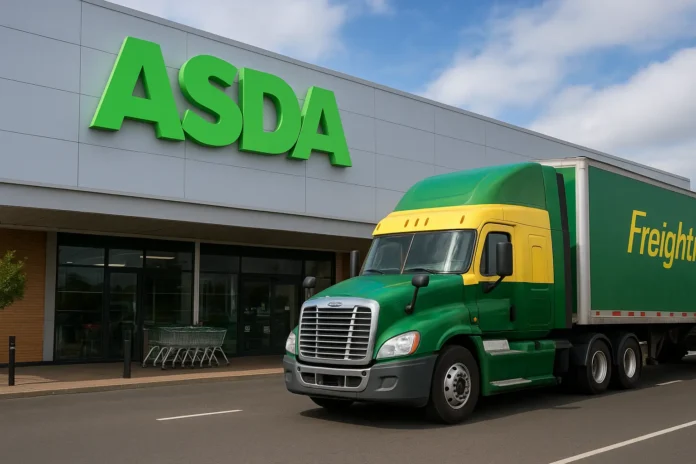Asda has turned to finance as a new lever in its sustainability strategy, launching a scheme with Lloyds Banking Group that links suppliers’ payment terms directly to their environmental and social performance.
The move, unveiled this week, means UK suppliers who can demonstrate progress against agreed sustainability goals will be rewarded with quicker payments and cheaper finance. Those who don’t take part will remain on existing terms.
Finance meets ESG
For a supermarket that trades on price, the message is pointed: sustainability is no longer a side project, it’s a condition of doing business. Asda is using EcoVadis, the global ratings platform, to score suppliers across carbon, social and ethical measures. High performers gain the best rates.
Michael Gleeson, Asda’s Chief Financial Officer, said the scheme was designed to make change more practical. “Supporting our suppliers in making meaningful, sustainable changes is central to our wider ESG ambitions,” he said. “Offering competitive financing that rewards progress and encourages transparency across our supply base strengthens that commitment.”
Lloyds echoed that sentiment. “Converting the programme to reward sustainability efforts will not only deepen support for British businesses, it will also help Asda in meeting its own ESG goals,” said Aled Patchett, the bank’s Head of Consumer.
Competitor moves
Asda is not alone in tying sustainability to supplier financing. Tesco has run a similar scheme with Santander since 2021, offering improved rates to suppliers who meet environmental targets. Sainsbury’s has tested green loan structures with its own partners, while discounters such as Aldi and Lidl have leaned more heavily on direct supply chain decarbonisation targets rather than financial carrots.
The difference here is scale. Asda already collects data from its largest suppliers, who account for roughly 80% of the retailer’s product emissions. Extending finance incentives beyond the biggest players could shift the conversation for mid-tier and smaller suppliers that often lack the capital to invest in change.
One supply chain analyst told GSN the scheme signals a “hardening of the link between ESG and working capital.” In other words, access to cash is being used as both carrot and stick.
Why it matters
The UK grocery sector is facing rising pressure from regulators, investors and consumers to decarbonise. Scope 3 emissions – those that sit within suppliers – remain the hardest to tackle. Linking finance directly to progress brings a tangible lever into play.
From October, suppliers can opt in and begin receiving preferential terms. For those who choose not to engage, the message is subtler but no less clear: sustainability will increasingly shape the financial plumbing of supermarket supply chains.



